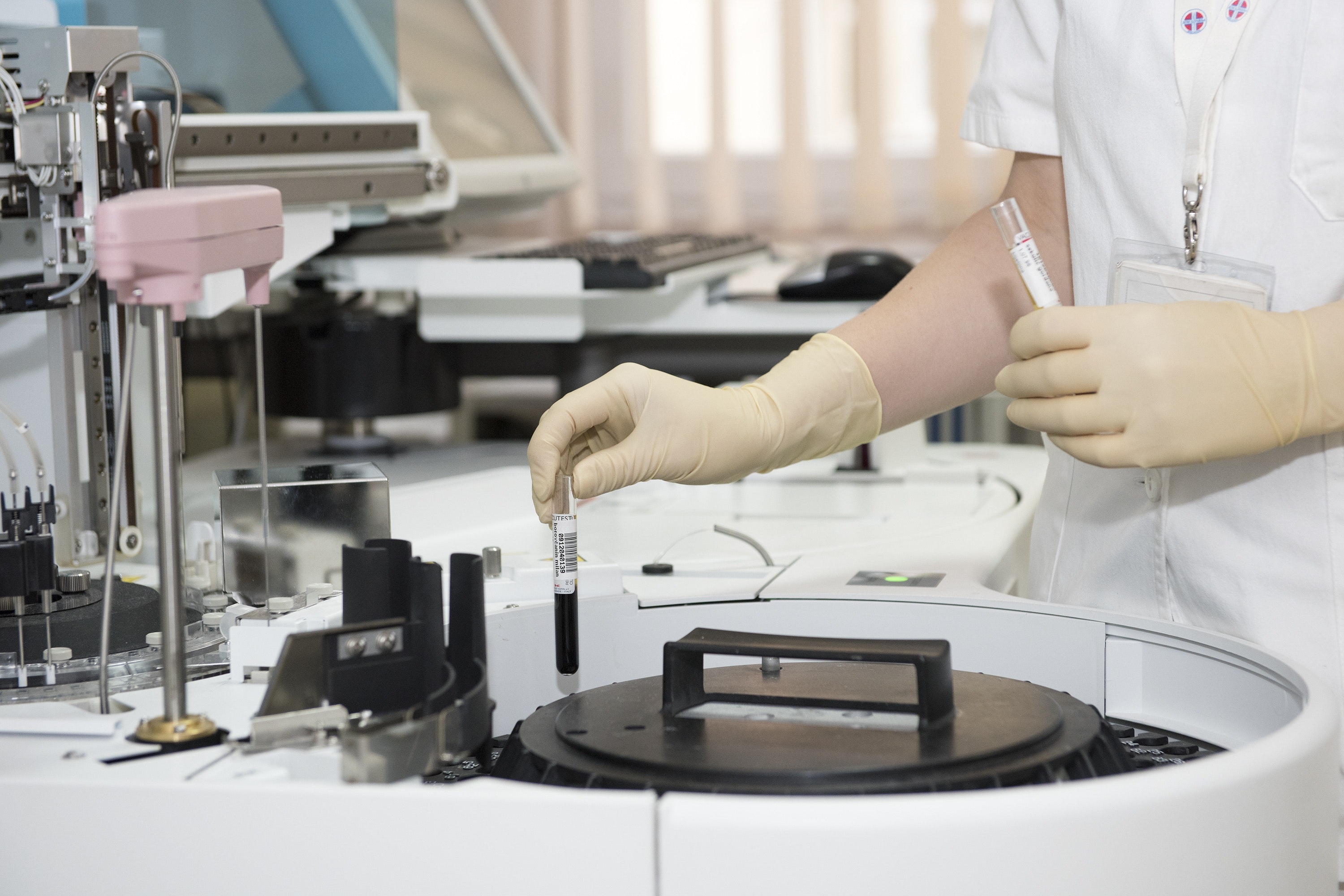 Recent probes to Mars have yielded data that is shaping our understanding of the possibility of existing and past life on the planet. Coupled with advances in biology and life-detection techniques, these developments place increasing importance on the need to protect Mars during exploration. These reports examine existing planetary safety measures, and recommend potential changes and further research.
Recent probes to Mars have yielded data that is shaping our understanding of the possibility of existing and past life on the planet. Coupled with advances in biology and life-detection techniques, these developments place increasing importance on the need to protect Mars during exploration. These reports examine existing planetary safety measures, and recommend potential changes and further research.
Preventing the Forward Contamination of Mars
Recent spacecraft and robotic probes to Mars have yielded data that are changing our understanding significantly about the possibility of existing or past life on that planet. Coupled with advances in biology and life-detection techniques, these developments place increasing importance on the need …
An Astrobiology Strategy for the Exploration of Mars
Three recent developments have greatly increased interest in the search for life on Mars. The first is new information about the Martian environment including evidence of a watery past and the possibility of atmospheric methane. The second is the possibility of microbial viability on Mars. …
Review of the MEPAG Report on Mars Special Regions
Planetary protection is a guiding principle in the design of an interplanetary mission, aiming to prevent biological contamination of both the target celestial body and the Earth. The protection of high-priority science goals, the search for life and the understanding of the Martian organic …
Safe on Mars: Precursor Measurements Necessary to Support Human Operations on the Martian Surface
This study, commissioned by the National Aeronautics and Space Administration (NASA), examines the role of robotic exploration missions in assessing the risks to the first human missions to Mars. Only those hazards arising from exposure to environmental, chemical, and biological agents on the …
Assessment of Planetary Protection Requirements for Mars Sample Return Missions
NASA maintains a planetary protection policy to avoid the forward biological contamination of other worlds by terrestrial organisms, and back biological contamination of Earth from the return of extraterrestrial materials by spaceflight missions. Forward-contamination issues related to Mars …
Review and Assessment of Planetary Protection Policy Development Processes
Protecting Earth’s environment and other solar system bodies from harmful contamination has been an important principle throughout the history of space exploration. For decades, the scientific, political, and economic conditions of space exploration converged in ways that contributed to …
The 2011 National Research Council decadal survey on biological and physical sciences in space, Recapturing a Future for Space Exploration: Life and Physical Sciences Research for a New Era, was written during a critical period in the evolution of science in support of space exploration. …
Forging the Future of Space Science: The Next 50 Years
From September 2007 to June 2008 the Space Studies Board conducted an international public seminar series, with each monthly talk highlighting a different topic in space and Earth science. The principal lectures from the series are compiled in Forging the Future of Space Science. The …
Pathways to Exploration: Rationales and Approaches for a U.S. Program of Human Space Exploration
The United States has publicly funded its human spaceflight program on a continuous basis for more than a half-century, through three wars and a half-dozen recessions, from the early Mercury and Gemini suborbital and Earth orbital missions, to the lunar landings, and thence to the first reusable …









 New technologies are transforming the national and global landscape while continuing to support the growth of the research industry. These reports examine a sample of the technologies at the forefront of our research and provide recommendations for further development.
New technologies are transforming the national and global landscape while continuing to support the growth of the research industry. These reports examine a sample of the technologies at the forefront of our research and provide recommendations for further development.






 Genome editing is now more efficient, precise, and flexible, contributing to the improvement of human health around the globe. Recent revolutionary advances like CRISPR have allowed for gene editing at both the somatic and germline level. However, the speed at which these technologies are being developed and used has many policymakers and stakeholders concerned about whether appropriate systems are in place to govern them. Our reports examine potential benefits and risks of these technologies, and present general principles for the governance of genetic engineering.
Genome editing is now more efficient, precise, and flexible, contributing to the improvement of human health around the globe. Recent revolutionary advances like CRISPR have allowed for gene editing at both the somatic and germline level. However, the speed at which these technologies are being developed and used has many policymakers and stakeholders concerned about whether appropriate systems are in place to govern them. Our reports examine potential benefits and risks of these technologies, and present general principles for the governance of genetic engineering.





 Advances in scientific research help improve, lengthen and save the lives of many around the world. However, research-driven studies can present risks to subjects, the research enterprise, and our communities. In order to maintain the quality of the research laboratory, protections are needed to preserve participants’ dignity and prevent potential harms. Our reports review the existing ethical and legal guidelines, and consider the opportunities and challenges that face participant-based research.
Advances in scientific research help improve, lengthen and save the lives of many around the world. However, research-driven studies can present risks to subjects, the research enterprise, and our communities. In order to maintain the quality of the research laboratory, protections are needed to preserve participants’ dignity and prevent potential harms. Our reports review the existing ethical and legal guidelines, and consider the opportunities and challenges that face participant-based research. 






 Science plays an essential role in national security for many countries, including the United States. Military intelligence relies heavily on research and knowledge from the social and behavioral sciences to form analyses and predictions. This contribution helps reduce uncertainty and provide warnings about ranging topics from international diplomatic relations to overseas conflicts. As these complex challenges continue, the involvement of social sciences will grow. Our reports serve as resources to understand the direct role behavioral sciences play in national security in order to help the intelligence community fulfill its critical responsibilities.
Science plays an essential role in national security for many countries, including the United States. Military intelligence relies heavily on research and knowledge from the social and behavioral sciences to form analyses and predictions. This contribution helps reduce uncertainty and provide warnings about ranging topics from international diplomatic relations to overseas conflicts. As these complex challenges continue, the involvement of social sciences will grow. Our reports serve as resources to understand the direct role behavioral sciences play in national security in order to help the intelligence community fulfill its critical responsibilities.
















































